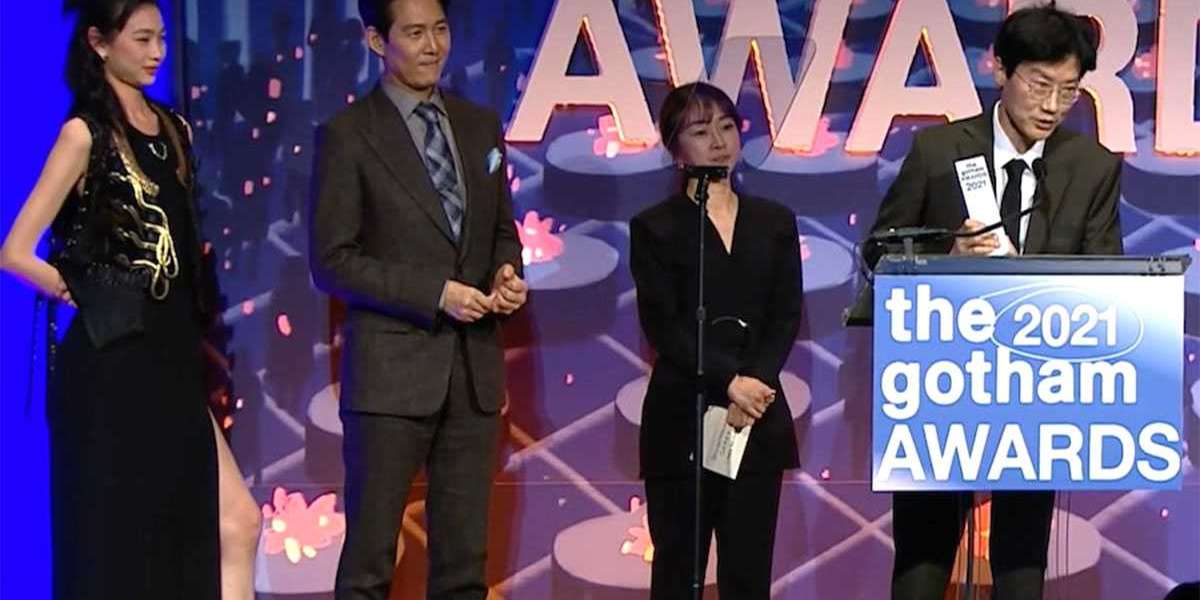South Korea's entertainment and commercial industries have seen an increase in the number of gorgeous, multi-talented young women who are capable of doing practically anything, from acting to fashion design. Despite the fact that they are in their early twenties, they demonstrate perfect abilities and provide performances that far transcend human standards. They are free of worry, sleep deprivation, and scandal. Despite the fact that they are considered to be flawless human beings, they have their own limitations. They are not real people, but rather virtual humans created by cutting-edge computer graphics and existing only in the virtual world, as opposed to the real world.
Meet Rozy, a 22-year-old woman with a height of 171 centimeters who lives in the United Kingdom. She has quickly risen to become one of the most well-liked virtual beings on this site. Because she has more than 125,000 followers on Instagram, she has earned the right to display the verified badge on the social media platform. The symbol indicates that Instagram has verified that the account in question is an actual one that is directly operated by the public figure, celebrity, or brand. A video commercial for local life insurance business ShinhanLife that she appeared in last year created waves in the marketing world in this country as well.
Having modeled for corporations in a variety of industries, including automobile, cosmetics, and fashion, the never-aging Rozy has seen her market worth soar in the years since her debut. In the previous year, she is estimated to have made more than 1.5 billion won ($1.2 million). She also made her singing debut with the release of her first single, "Who Am I," which was released earlier this month.
Rozy has classmates who are similar to her in the virtual world, despite the fact that she does not have any physical relationship with them.
Earlier this week, Netmarble's virtual human Rina signed a contract with local talent agency Sublime, which represents actors Song Kang-ho and Rain as well as other artists. Rina will subsequently appear in Netmarble's games as well as in numerous pieces of content relating to the metaverse, according to the company's announcement.
In the recent month, Han Yoo-ah, a virtual character first created by Smilegate for its virtual reality game Focus on You, has inked a contract with YG Entertainment's model agency company YG KPlus, which is owned by YG Entertainment. During the first half of this year, Han is set to make her singing debut with CJ ENM.
The LG Group has created two virtual avatars, Reah Keem and Tilda, to promote its products. Keem initially appeared in front of the public in a short clip during the Consumer Electronics Show in January of last year. Later this year, she will release her debut studio album, which will be her first major label release. Tilda, a virtual artificial intelligence fashion designer, debuted her 200 outfits at New York Fashion Week last month after studying over 3,000 photos and patterns in order to create them.
While some computer-generated humans began pursuing music careers after becoming well-known on social media platforms, other computer-generated humans were born with the desire to sing from the beginning of their lives.
With the help of deep real AI technology, a local artificial intelligence developer called Pulse9 established the 11-member virtual K-pop girl group Eternity in March of 2021. The group's first song video, which was released to their official YouTube page in March of last year, has received more than 1.1 million views since its release. In a four-part web comedy series that will be launched this month, Eternity's Jaein will appear as a supporting actress, according to Pulse9's report.
Lucy, a representative of Lotte Home Shopping, made her television debut in December as a show host for the company's television program. In her brief appearance, she revealed the product that would be available for purchase in the following several weeks. The corporation has stated that it will invest in technical advancements to enable Lucy to take on the role of a full-time program host this coming year.
The fact that all of the virtual beings in Korea are young women makes things difficult for them.
Lee Eun-soo, an assistant professor at the Korea Advanced Institute of Science and Technology's School of Humanities and Social Sciences, explained that it is due to the business motives of the companies aiming to make the most of the fabricated individuals.
According to Lee, the phenomena of women dominating influencer marketing across social media platforms "reflects the reality of the situation in the actual world."
According to Lee Kyung-jae, professor at Chung-Ang University's Department of Artificial Intelligence, the dominance of virtual females for commercial purposes is due to customers' familiarity with female human models, who buyers see as being simple to create intimacy with.
"I believe this is due to the fact that creating virtual persons in the form of young ladies makes it easier for (businesses) to use them to advertise products whose primary consumers are female," he explained. "They are also less difficult to develop intimacy and likability with than other people."
Beyond the gender divide, the emergence of virtual beings in general corresponds to a desire to gain a better understanding of ourselves.
"Ever since we were born, we humans have had an insatiable drive to learn about and comprehend our very own being. That is, what it is to be a human being is discussed. As a result of developing entities with human characteristics — clones in genetics, humanoid robots in robotics — we can come to a better understanding of ourselves, says Lee.
"Virtual beings are a mirror of a yearning that is identical to our own. These clones and robots are, in essence, the software equivalent of their hardware counterparts. In light of the pandemic's increased pressure on individuals to remain connected online, the tendency (of virtual humans) has only gained momentum."
In addition to stating that more businesses will attempt to implement their own versions of virtual humans as a result of the economic benefits, he pointed out that virtual humans are stress-free and significantly lower operational costs for businesses because they are merely data.
Some argue that the virtual human frenzy has arisen solely to attract more attention to itself.
Kim Jae-yin, professor at Kyung Hee University's Center for Cross-Cultural Studies, believes that the term "virtual humans" is an overdone expression that has ridden the marketing waves of artificial intelligence, the metaverse, and non-fungible tokens.
"To put it another way, they should be referred to as 'animated characters.'" "However, 'cartoon characters' have been around for a long time, with some of them even having their own fan groups," he explained.
"It has only recently been transformed into a commercial, marketing term. It was decided to combine improved computer graphics technology with a need to eliminate marketing risks, such as model deviation."
Professor Lee of the Korea Advanced Institute of Science and Technology (KAIST) explained that the novelty of virtual beings has captivated people's interest for the time being as the reason for their commercial success.
"The knowledge that it wasn't a genuine person gave me a burst of freshness," she says. The purpose of a commercial is to capture the attention of viewers. Because it was not a real person, but a virtual human, the shock was caused by this reality," Lee explained in detail.



